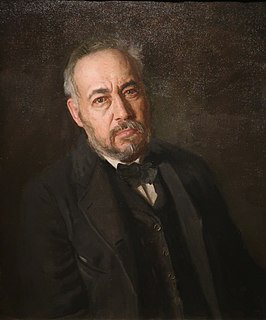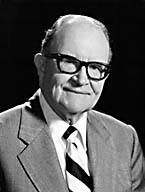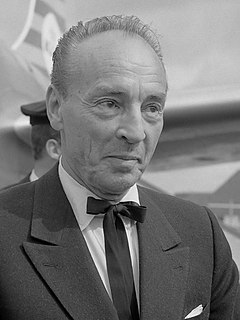A Quote by Thomas Eakins
A teacher can do very little for a pupil and should only be thankful if he don't hinder him, and the greater the master, mostly the less he can say.
Related Quotes
Often nothing keeps the pupil on the move but his faith in his teacher, whose mastery is now beginning to dawn on him .... How far the pupil will go is not the concern of the teacher and master. Hardly has he shown him the right way when he must let him go on alone. There is only one thing more he can do to help him endure his loneliness: he turns him away from himself, from the Master, by exhorting him to go further than he himself has done, and to "climb on the shoulders of his teacher."
The man who is an initiate of one of the great Mystery Schools never fears to let his pupils outdistance him, because he knows that it stands him in good stead with his superiors if he is constantly sending up to them aspirants who 'make good.' He therefore never tries to hold back a promising pupil, because he has no need to fear that pupil, if allowed to penetrate into the Mysteries, would spy out the nakedness of the land; he will rather bring back a report of its exceeding richness, and thereby confirm the statements of his teacher and spur his fellow pupils to yet greater eagerness.
A real Master is not a teacher: a real Master is an awakener. His function is totally different from a teacher; his function is far more difficult. And only very few people can stay with a Master because to wake up after millions of lives is not an ordinary feat; it is a miracle. And to allow somebody to wake you up needs great trust, great surrender.
One is born to be a dancer. No teacher can work miracles, nor will years of training make a good dancer of an untalented pupil. One may be able to acquire a certain technical facility, but no one can ever 'acquire an exceptional talent.' I have never prided myself on having an unusually gifted pupil. A Pavlova is no one's pupil but God's.
A tutor should not be continually thundering instruction into the ears of his pupil, as if he were pouring it through a funnel, but, after having put the lad, like a young horse, on a trot, before him, to observe his paces, and see what he is able to perform, should, according to the extent of his capacity, induce him to taste, to distinguish, and to find out things for himself; sometimes opening the way, at other times leaving it for him to open; and by abating or increasing his own pace, accommodate his precepts to the capacity of his pupil.








































